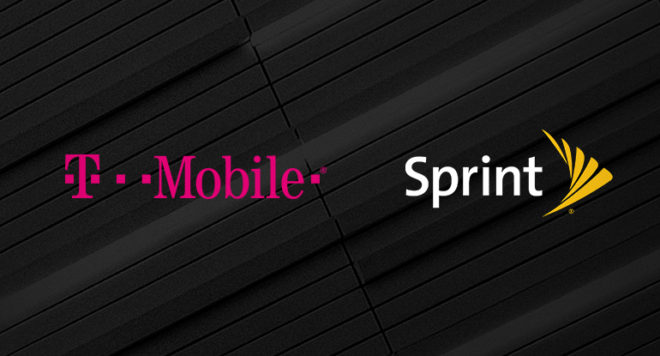
After delivering their testimonies and breaking for the holidays, the two sides in the T-Mobile-Sprint merger trial met again today to deliver their final arguments.
Glenn Pomerantz, a lawyer for the 14 states suing to block the merger, argued that the trial will impact at least 130 million customers since the deal would reduce the number of major U.S. carriers from four to three. “If this merger goes forward, they’re at risk for paying billions of dollars more every single year for those services,” he said.
Pomerantz added that when T-Mobile and parent company Deutsche Telekom first thought about a Sprint merger in 2010, the companies “expressly and unambiguously admitted that it had potential to reduce price competition.”
The states added that Dish Network is not equipped to become a competitive fourth player in the U.S. wireless market and that Dish lacks experience, scale, and brand recognition in wireless.
As part of a deal to get approval for the merger from the Department of Justice, Dish Network agreed to buy all of Sprint’s prepaid businesses for $1.4 billion as well as Sprint’s portfolio of nationwide 800MHz spectrum for $3.6 billion. T-Mobile and Sprint will also give Dish at least 20,000 cell sites and hundreds of retail locations, and T-Mo must give Dish “robust access” to the T-Mobile network for seven years while Dish builds out its own 5G network.
The states’ arguments also included Pomerantz arguing that Sprint can turn itself around like T-Mobile did years ago. “They’re not in a dire position; they’re in an advantangeous situation and they just need to invest in their business and compete,” he said.
David Gelfand, an attorney representing T-Mobile, argued that the merger will bring cost savings that’ll lead to lower prices for consumers.
T-Mobile has previously said that if it’s allowed to merge with Sprint, it can use that mid-band spectrum to deploy a 5G network that’ll cover 99% of the U.S. population and have 14 times the capacity of T-Mo today. It’s also pledged to offer 5G coverage to 90% of the rural U.S. and to add 11,000 jobs by 2024.
“They’re going to win customers from AT&T and Verizon using it,” Gelfand said of the New T-Mobile’s network. “When a merger brings together two companies — that creates lower costs, better product — that actually makes the transaction procompetitive.”
Judge Victor Marrero is presiding over the merger trial, and he said today that he would make a decision “as promptly as possible”. No exact timeline was given, but previous estimates have said that a decision could come in February.
